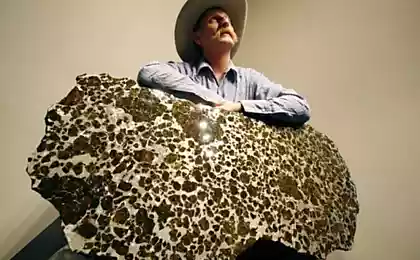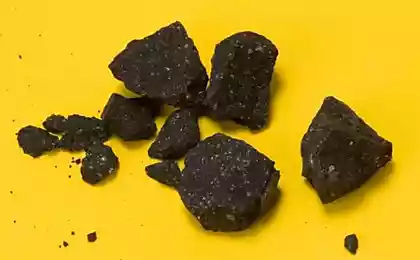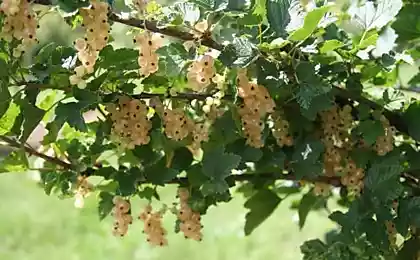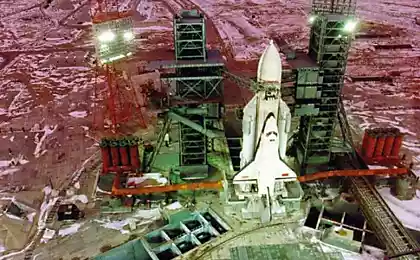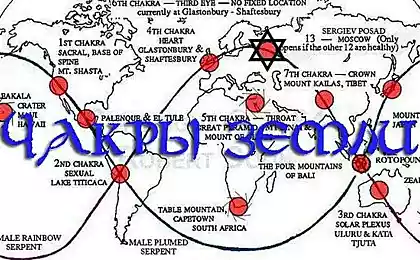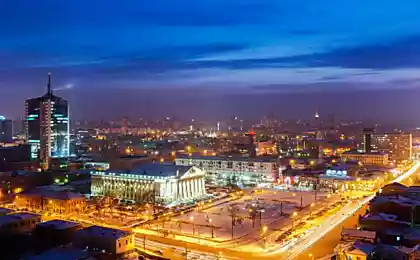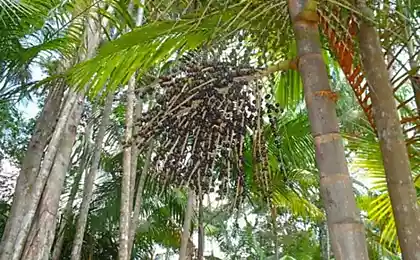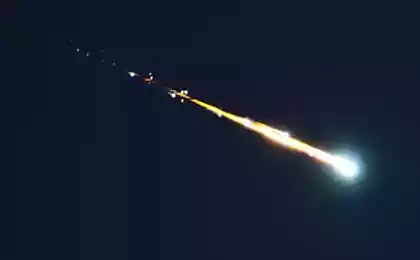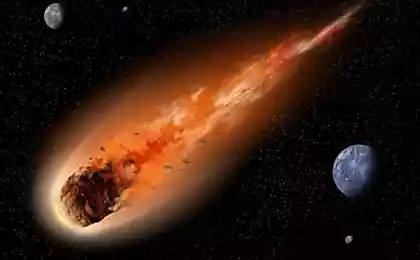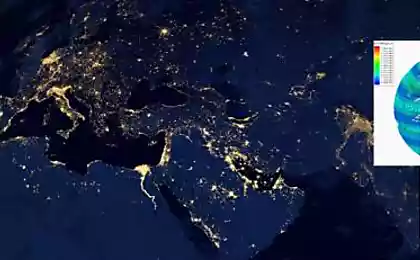506
Space mystery: the Chelyabinsk meteorite was rusty
This conclusion was made by researchers from the Institute of Geology and Geochemistry, Ural branch (IgG UB RAS). Says the head of the group for the study of meteorite by academician Victor Koroteeva, the presence of rust − a sign that the rocks of the meteorite could contain moisture.
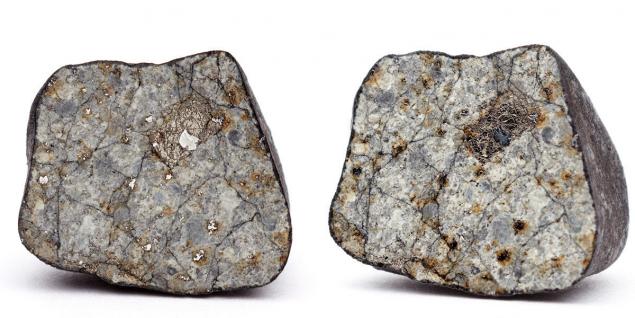
To obtain reliable information in the study of the meteorite is quite important that the samples not subjected to collision with the Ground, as well as weathering and corrosion in earth conditions. "All these conditions have to be met. The studied fragments had not reached the soil layer and removed from the snow from a depth of 20-50 cm, shortly after the fall," − says Victor Koroteev.
See also: the Most amazing facts about meteorites
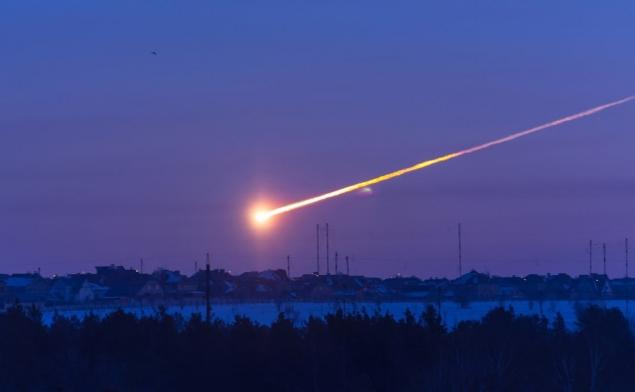
It is curious that the minerals that contain water, have been found in meteorites. But they always turned out to be carbonaceous chondrites (a class of stone meteorites). But in the normal condition, which is "Chelyabinsk", moisture of minerals yet to find did not work. And if they were, then their presence is always linked to the interaction of water on earth.
Source: /users/413

To obtain reliable information in the study of the meteorite is quite important that the samples not subjected to collision with the Ground, as well as weathering and corrosion in earth conditions. "All these conditions have to be met. The studied fragments had not reached the soil layer and removed from the snow from a depth of 20-50 cm, shortly after the fall," − says Victor Koroteev.
See also: the Most amazing facts about meteorites

It is curious that the minerals that contain water, have been found in meteorites. But they always turned out to be carbonaceous chondrites (a class of stone meteorites). But in the normal condition, which is "Chelyabinsk", moisture of minerals yet to find did not work. And if they were, then their presence is always linked to the interaction of water on earth.
Source: /users/413
